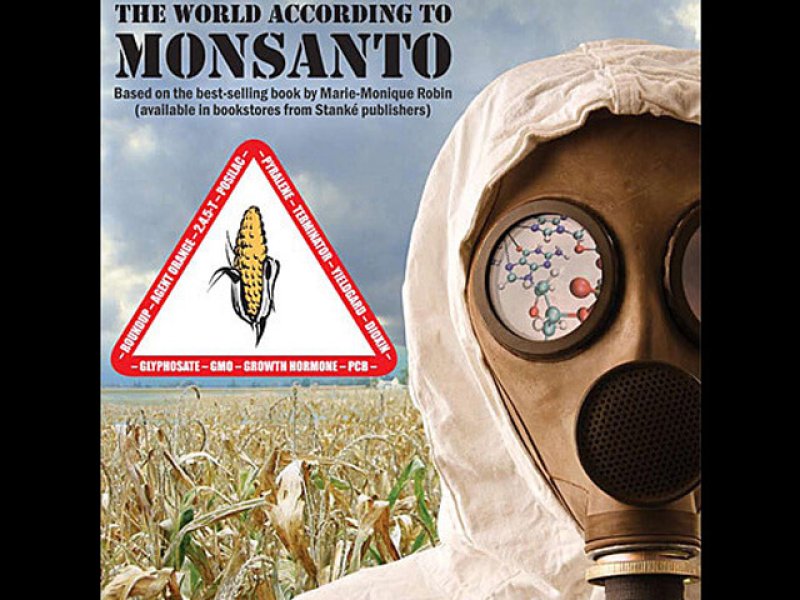In the fourth anti-GMO terrorist event in Latin America this year, the Mexico-based organization Alianza Pro Transgenicos (Alliance for Transgenics) was the victim of two recent bombing attempts. One bomb exploded from a package delivered to one of the alliance’s offices, wounding the organization’s Vice President, engineer Mario Berlanga, and an associate. The other package bomb delivered a day later was not opened and handed over to Mexican authorities, which are investigating. No one was seriously injured.
The bombing attacks on November 19 and 20 were seen as an attempt to intimidate the newly formed group, composed of 45 members of research organizations, universities, companies, and other organizations. The alliance is dedicated to opening doors to research and development of genetically modified agriculture in Mexico. Currently, one third of corn consumed in the country is imported, and since its inception in September, the Alliance has been urging the government to encourage more investment in research and development of genetically modified crops to feed a growing population and prepare for the effects of climate change.
A group called Por la Anarquia claimed responsibility for the attacks on the Alliance:
That damage will spread to those directly responsible, whether they are organizations, companies, institutions and individuals in particular. We vindicate the attacks (during the third week of November) through mail bombs and incendiary actions to Consejo Nacional Agropecuario.
Chavez Villagran, president of the Alliance, denounced the attacks:
We condemn these violent acts that demonstrate a very dangerous intolerance of opinions and democratic, scientific and social development of our country and our field. We are an association that seeks reason and dialogue and we believe that violence nullifies all rational acts. This aggression, of which I was a victim, seeks to curb our cause, but we will continue with our efforts for the dissemination of information on genetically modified crops, as well as obtaining permits for commercial planting.
The attacks mark the fourth death threat or acts of violence by anti-GMO organizations in South or Central America in the past year. Other attacks and threats:
- The kidnapping (and release) of a Brazilian hostage by the communist guerrilla group Paraguayan People’s Army. The hostage was ordered to deliver messages to the Paraguay government, including the Army’s “prohibition” of “cultivating corn, soybeans and other products requiring the use of pesticides,” and a warning that “Whoever is caught cultivating transgenic soybean and corn will be shot.”
- The break-in and destruction of equipment and experiments in a scientific research center in Sao Paulo, Brazil, in March. About 1,000 women, members of the Movement of Landless Workers, threatened workers and destroyed a nursery that contained GM eucalyptus seedlings.
- A Spanish scientist and biotechnology supporter, Jose Miguel Mulet, had to interrupt a tour promoting his book Comer sin Miedo (Eat Without Fear), because of several death threats leveled against him.
These types of attacks are by no means limited to Latin America. Over the years, acts of vandalism and threats have occurred in France, Germany, the United Kingdom and elsewhere in Europe, several incidents in the United States, break ins and vandalism of CSIRO plant experiments by Greenpeace members in Australia, and vandalism by Greenpeace in the Philippines.
Today, Mexico allows the release and use of some GM seeds, plants and food, but only after risk studies are made to determine that, according to its Biosafety Law, “these organisms are released, commercialized, exported, and imported with an adequate level of safety. Approval of GMOs for human consumption requires a study of the possible risks that consumption of the GMO may present for human health.”
The government set up several national laboratories for the testing of GMOs, as well. The Mexican Federal Health Department has approved 146 genetically modified foods for humans so far, including cotton, corn, soy, rice, potato, canola and alfalfa. However, the approval of corn has had a rocky history, thanks to government bans in reaction to protests from anti-GMO groups. In 2013, the country banned the use and import of transgenic corn. This ban was lifted in August to allow planting and research on corn. But in November, the corn ban was again enacted, for another two years.
While the term “terrorist” is in frequent use today, both anti-GMO activists (including the Russian Federation) and those supporting recombinant and genetically modified crops have used the term to describe each other. But nearly all of the attacks on biotechnology organizations have involved property destruction, protests and trespassing, threats, and in the Paraguay case, a hostage who was released. The attack on Alianza Pro Transgenicos, however, indicates that at least one group has included violence in its arsenal.
Andrew Porterfield is a writer, editor and communications consultant for academic institutions, companies and non-profits in the life sciences. He is based in Camarillo, California. Follow @AMPorterfield on Twitter.
































